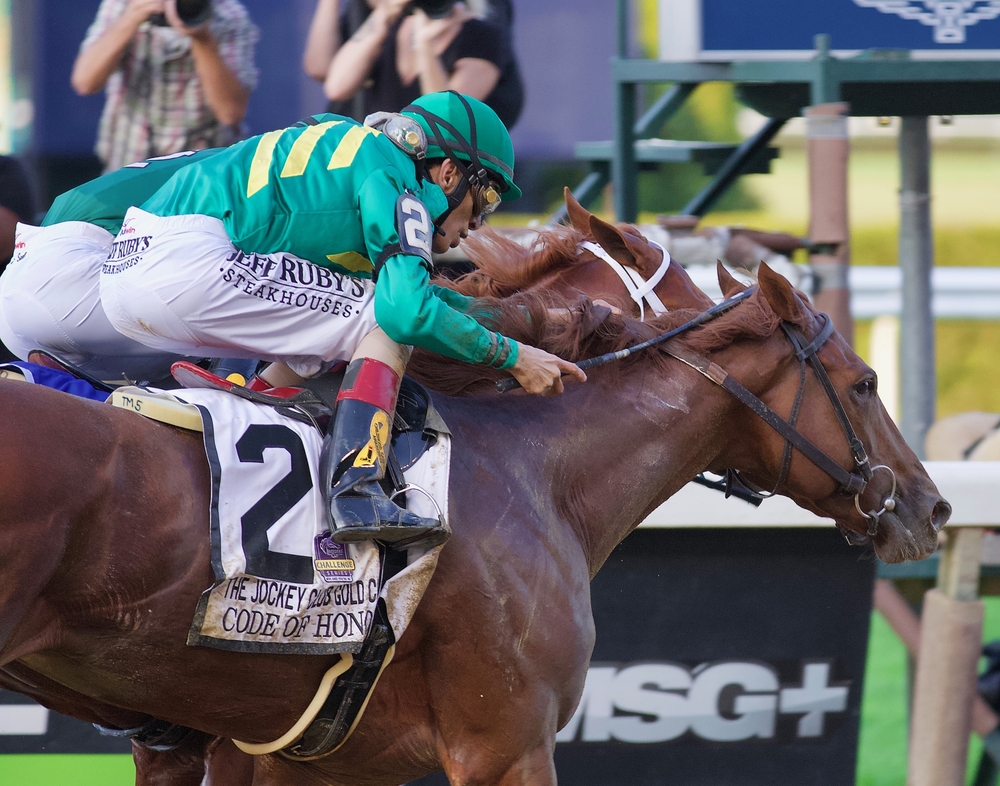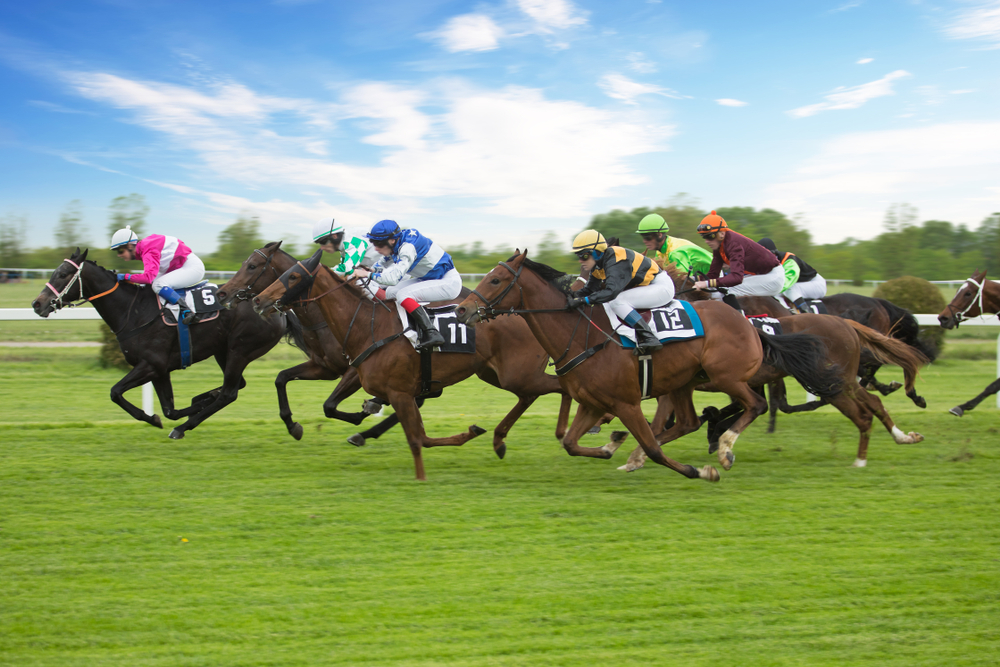Futsal, an indoor sport, is a form of a small-sided soccer game. The sport is officially recognised by FIFA as an indoor soccer-based game and is played between two teams of five players, each on a small pitch roughly the size of a basketball court. Compared to a soccer ball, the ball used for Futsal is low-bounce and smaller in size.
It is an interesting sport based on the art of control, thinking on the feet, and quick decision-making. In many countries, Futsal is regarded as a development tool for regular football.
Want to learn more? Here is a quick guide to Futsal, its history, format, and current status worldwide.
History of Futsal
In 1930, Juan Carlos Ceriani, an Uruguayan teacher, developed a sport like a football to be played on a basketball court, which later became Futsal. Juan Carlos wrote down the rules for the sport, writing down team sizes to be five members each, whereby the match duration was 40 minutes. The goal dimensions and pitch layout were similar to handball, while the rules for the goaltender were based on water polo.
In no time, the sport’s popularity spread across South America, and consequently, the rules for the game were standardised. In 1965, the first international confederation for Futsal was formed, while in 1989, FIFA assumed charge of the sport’s official body and organised the first World Cup in the same year in the Netherlands. Brazil was the winner of the first edition.
In 1999, the first UEFA Futsal Tournament was held in Spain, where Russia lifted the finals trophy. Eight teams participated in the event in the first edition of the championship. In present times, the number of participant countries in the tournament has increased to 16, while 50 countries were a part of the qualifying rounds.
UEFA Futsal Cup for the clubs was launched in 2001. It is now called the UEFA Futsal Champions League and is one of the most significant sporting events fitting in with professional contests in the region.
Futsal Game Format
As explained earlier, Futsal is played between two teams of five players. One squad has 14 players. One player in the playing layout is a goalkeeper, one plays as a defender who is the last man ahead of the goalkeeper, one player is the winger, who plays in offence and defence, one is a pivot or the goal scorer, and the last player is the universal who performs different outfield roles. The maximum number of substitutions in the game is nine, and substitutes can come even when the ball is in play. The match is discontinued if one team has three or fewer players on the field.
The game duration is 40 minutes and divided into two parts of 20 minutes. The maximum field size is 42m x 25m, while the minimum field size can be 25m x 16m. The Futsal field is made of wood or smooth, flat, or non-abrasive material. The Futsal ball weighs between 14 and 16oz while its size or circumference is 62-64m.
Penalties and free-kicks are similar to regular football. However, if a team commits five fouls in one half, their opponent is granted a free shot from the second penalty mark for every subsequent foul. If the committed foul is near the goal, the opponent can take the free shot from where the infraction took place. The foul count becomes void at half-time; however, if extra time is granted, second-half fouls are still counted.
If the ball touches the ceiling or goes over the touchline during the match, play will continue with a kick-in, but players cannot score directly from the kick-in. If the ball goes over the byline, the keeper throws the ball for goal clearance, or it results in a corner.
The goalkeeper cannot control the ball for more than four seconds, and players also have four seconds to restart for goal clearance, free kicks, corner kicks, or kick-ins.
Futsal Governing Bodies & Leagues
The governing bodies for Futsal are FIFA and AMF (Asociación Mundial de Fútsal). AMF is the successor of the original Futsal governing body and is an alliance of countries to organise Futsal tournaments across the world. AMF and FIFA do not work together, but the AMF regards itself as an auxiliary body of FIFA. Countries from Europe, North and South America, Asia, Africa, and Oceania are its members.
Futsal does not have official rankings like football, but the team with the highest points is Brazil, having won five World Cups. Spain is second in terms of points, with seven men’s senior UEFA titles and two World Cups. Spain’s women’s teams have also won two European Championships in 2019 and 2022 and men’s U-19 Euro Championships in 2019 and 2022.
Portugal won the World Cup in 2021 and the Euro Cup in 2018 and 2022. Other prominent players include Russia, Italy, Argentina, Iran, Kazakhstan, and Ukraine. Many prominent soccer players, including Lionel Messi, Cristiano Ronaldo, Philippe Coutinho, Neymar, and Wissam Ben Yedder, played Futsal before playing 11-sided football.
What Are The Most Popular Futsal Betting Markets?
Futsal, a variant of soccer played indoors on a smaller pitch, offers a dynamic and fast-paced game that attracts bettors globally. The most popular betting markets in futsal reflect the game’s unique characteristics and are somewhat similar to soccer betting, but with nuances specific to futsal. Here are some of the most popular futsal betting markets:
1. Match Result Betting: This is the most straightforward betting option, where you bet on the outcome of a match – a win for either team or a draw. Due to the fast-paced nature of futsal, upsets are relatively common, which can make this market particularly exciting.
2. Handicap Betting: In this market, a virtual advantage or disadvantage is given to a team to even out the odds. For example, a stronger team may start with a -2 goal handicap. For a bet on that team to win, they need to win by more than 2 goals.
3. Over/Under Total Goals: Futsal matches generally feature a high number of goals due to the small playing area and fewer players. In this market, you bet on whether the total number of goals scored in the match will be over or under a specified figure.
4. Half-Time/Full-Time: Bettors predict the result of the match at both half-time and full-time. This market requires an understanding of how teams perform throughout the game, as futsal games can have significant shifts in momentum.
5. Correct Score: This is a bet on the exact final score of the match. It’s a challenging market due to the unpredictability and high-scoring nature of futsal, but it often offers higher odds and potential payouts.
6. First Goal Scorer: Betting on which player will score the first goal of the match. This requires knowledge of individual players and their scoring habits.
7. Total Team Goals: Here, you bet on how many goals a specific team will score in the match, regardless of the final result or how many the opposing team scores.
8. Live Betting: Futsal’s quick pace and frequent scoring make it an ideal sport for live or in-play betting. Odds fluctuate rapidly, offering a dynamic betting experience.
9. Accumulators: Combining multiple futsal bets into one can potentially offer higher payouts. However, the risk increases as each individual bet within the accumulator must win for the bet to pay out.
Each market caters to different betting strategies and risk appetites. Successful betting in futsal requires not only an understanding of the general rules and teams involved but also an ability to adapt to the fast-changing dynamics of the game. As with any form of betting, it’s important to gamble responsibly and within your means.





